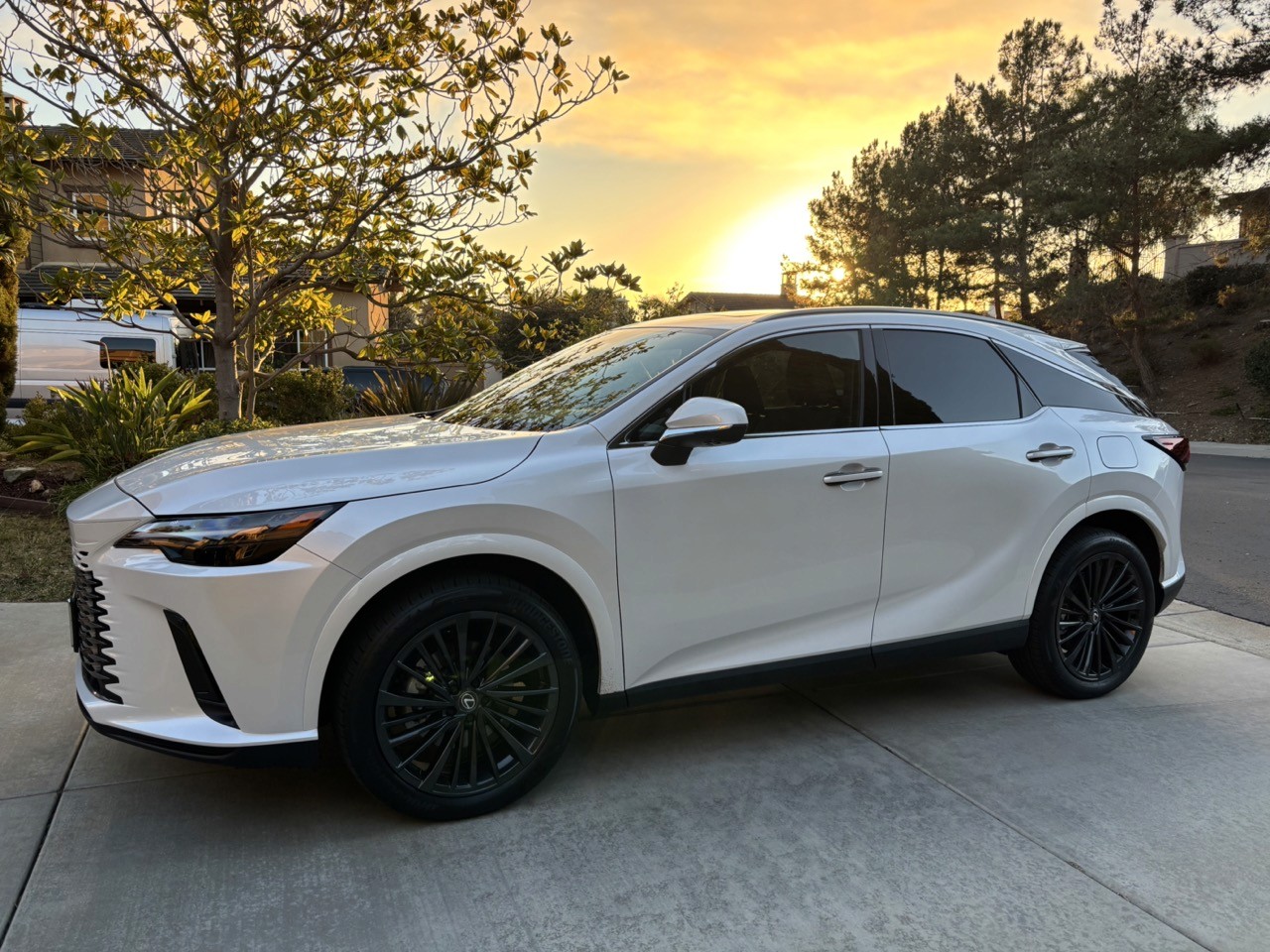Leverage the Market: Maximize Your Car's Sale Price
Written By
Lewis C. Smith
Published
Jun 11, 2023
Discover how to leverage the competitive car market to maximize your car's sale price. Gain insights on selling or trading in your car effectively.
Know the Market: You're Selling Either Way
Whether you're trading in your vehicle during the purchase of another or selling it outright to a dealership, you're still selling your car. Today, many dealerships such as CarMax, Carvana, and others in the U.S. offer the same price for your car, irrespective of whether you're buying another from them or not. This presents an opportunity to leverage differences in the market to your advantage.
Sophisticated Arbitrage: A Practical Perspective
Given that dealerships use similar market data to value used cars, common vehicles should have approximately the same value across different dealers. The reality, however, may surprise you. For this in-depth analysis, we'll use a 2017 Honda CR-V, a common and easily-valued vehicle, to demonstrate the potential differences in offers.
The Experiment: Selling a 2017 Honda CR-V
Honda CR-V is a popular car, selling over 377,895 new units in the U.S. in 2017. They are easy to value because of the straightforward model trims that do not have many variable options. So, theoretically, dealership offers should be very close. Let's see what happens in practice.
Navigating the Offers: Some Surprising Findings
In our examination of the 2017 Honda CR-V, we were consistent across all vehicle conditions and rated the car as being in near or indeed excellent condition. No exterior scratches or mechanical issues, no fluid leaks, no interior markings, and no accident history were noted. The tires were assumed to have less than 10,000 miles, and we included the availability of two keys. With these specifications in mind, we visited each website, filled out their vehicle questionnaires, and collected the different offers from each organization. Notably, all offers were solicited within a one-hour timeframe and used the same zip code as well as the same Vehicle Identification Number (VIN) for consistency.
The organizations from which we received offers included AutoNation, CarMax, Carvana, Driveway, Driveo, Shift, and Vroom. We also considered offers from non-dealer entities such as Kelley Blue Book Instant Cash Offer and TrueCar.
Vroom emerged with the highest offer, proposing a value of $22,922 for the CR-V. The other offers we received, listed in descending order, were $22,859, $22,200, $22,150, $21,251, $20,550, and $18,400. Meanwhile, non-dealer platforms Kelley Blue Book Instant Cash Offer and TrueCar provided offers that fell within this range. All these offers were made on the basis of the Honda CR-V's year, make, model, mileage, and condition being confirmed.
Understanding the Value Discrepancies: Beauty is in the Eye of the Beholder
The variety in offers for such a common vehicle is intriguing and underscores the importance of the adage "value is in the eye of the beholder." It's clear that some dealers like Vroom, Driveway, and Shift see more potential in the same vehicle than others.
Final Thoughts: Maximize Your Car’s Sale Price and Making Smart Decisions
In just a little over an hour, you can gain a comprehensive understanding of the market for your vehicle. The key here is to not only look for the highest offer but to consider the reliability and trustworthiness of the offer as well.
While the highest offer might seem like the best choice initially, there's a caveat to consider. During the inspection process, where the dealership verifies the year, make, model, trim, mileage, and condition of your car, the offer can be revised downward. If this revised offer doesn't make much sense to you, remember, you have options. Use the market to your advantage and move on to your next best offer.
It's worth mentioning that offers from non-dealer entities like Kelley Blue Book Instant Cash Offer and TrueCar are slightly different in nature. These entities give an offer that's contingent upon inspection by a dealer in their network. While they expect the dealers in their network to honor the offer, this scenario is different from getting an offer directly from a dealer.
Your advantage here lies in understanding these differences and leveraging the competitive market to maximize the sale price of your vehicle. By doing your homework, understanding the nuances of the market, and using this knowledge to your advantage, you can add a significant amount to your pocket when selling or trading in your car.
There are typically local options as well and this is where, for California residents, the CarOracle Auto Buying Program can be helpful, where a licensed auto broker, who follows the market, can offer guidance on which avenues would be worthwhile to pursue to maximize the value of your vehicle.














